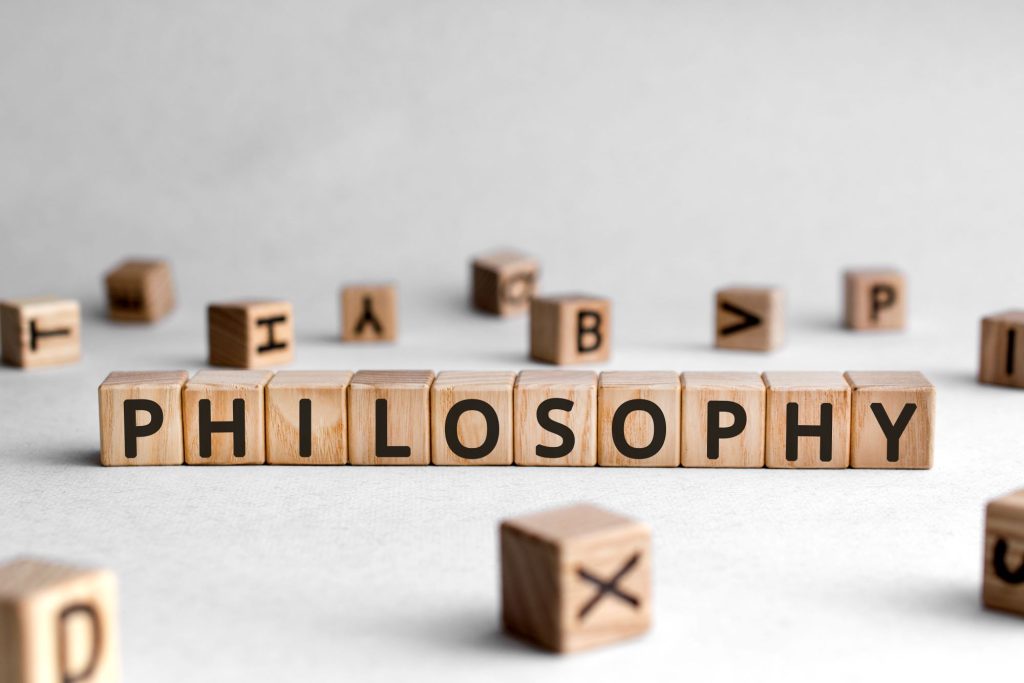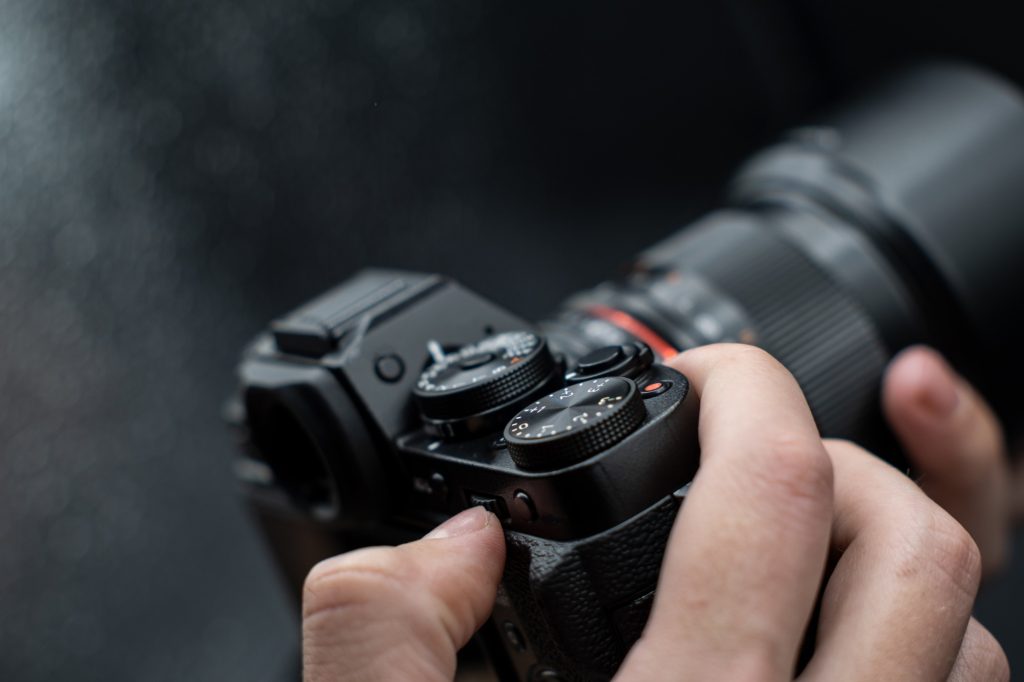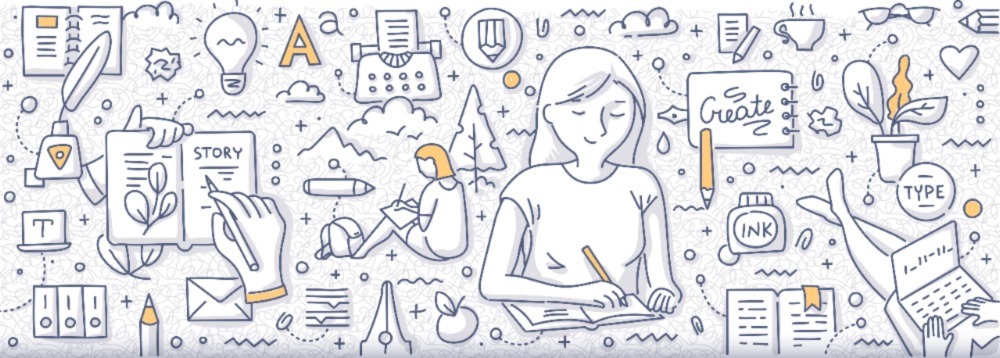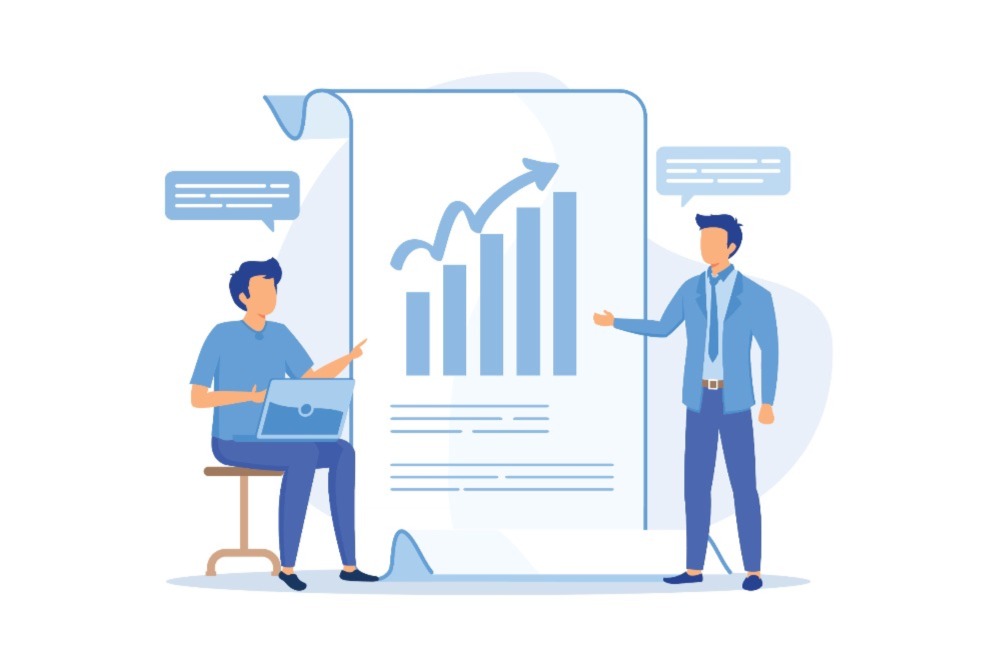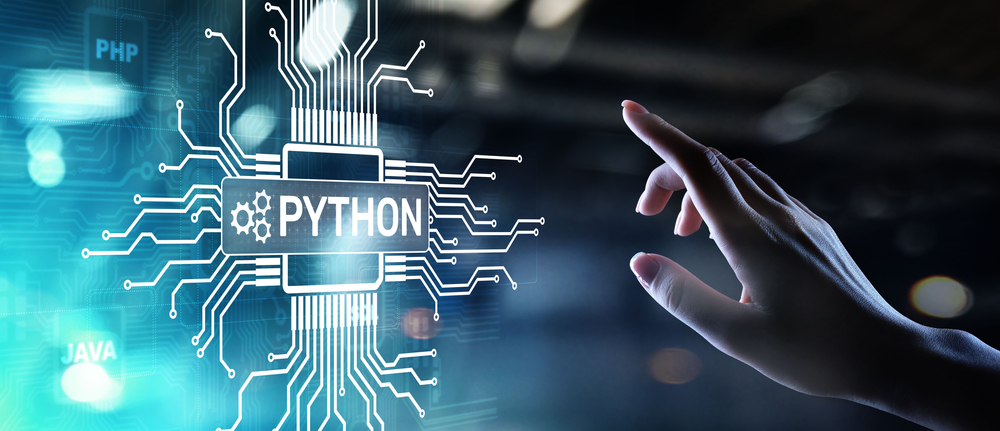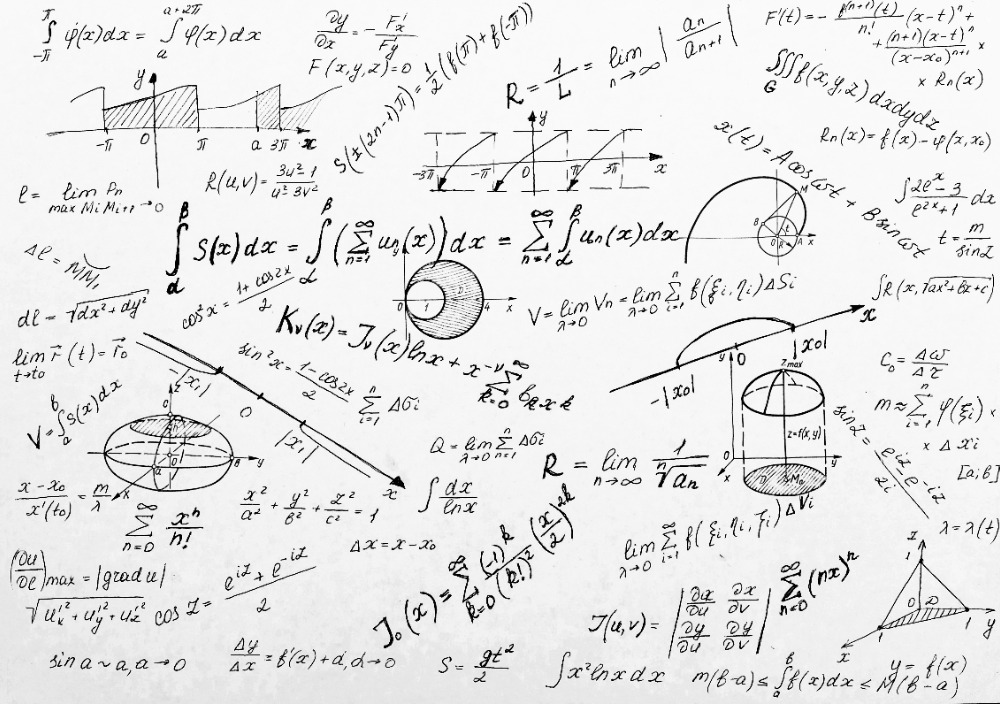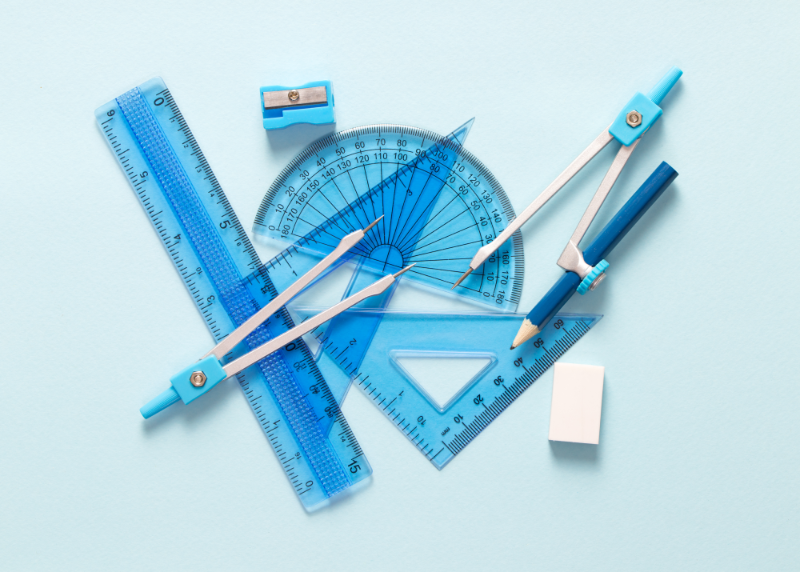Intro to Philosophy
Through a combination of close reading, in class lecture and discussion, and reading response assignments, this course will introduce students to the study of philosophy. Traveling through the ethical theories of Aristotle in the ancient world, to those of J.S. Mill, Friedrich Nietzsche, and Henry David Thoreau in the 19th century, to those of Theodor Adorno in the 20th century, this introduction will be organized around the perennial philosophical question of what constitutes the good life for human beings and the possible role of art in such a life

